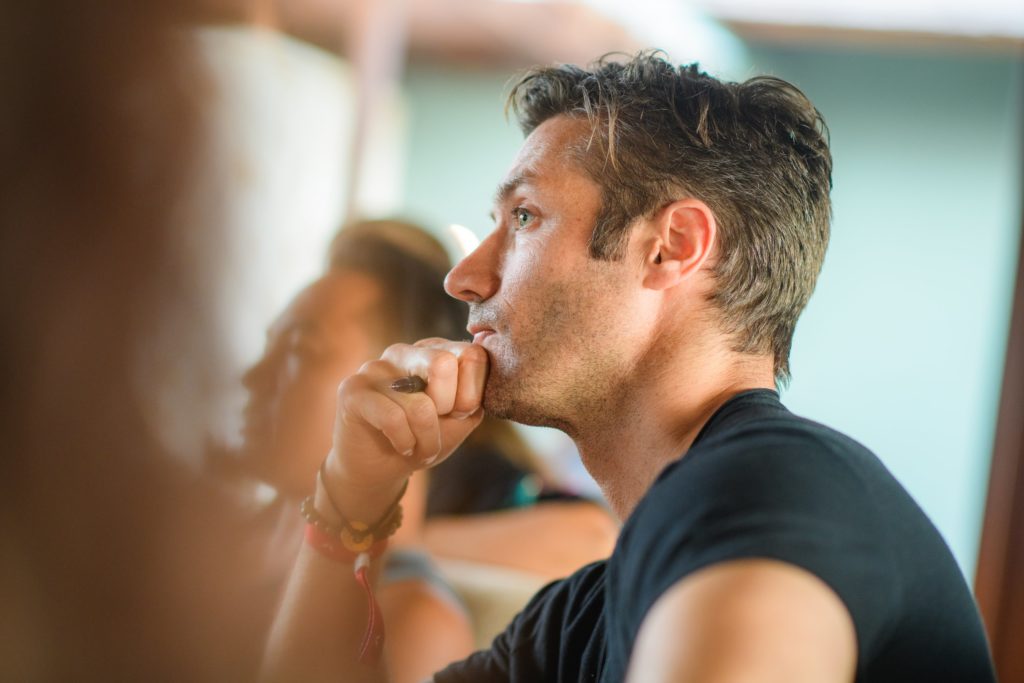Where Your Fears Really Come From
At this current point in history, fear is all around us. If you thought the news was scary before, when you throw a global pandemic into the mix, it’s an anxiety attack waiting to happen.
You can’t turn on the TV, open an article, or video chat with a loved one without being given a dozen reasons to dive into stress, anxiety, and even depression.
At this point, fear feels like a normal part of daily life, but it wasn’t always this way.
Because believe it or not, you were born fearless. The moment you opened your eyes for the first time you didn’t have a care in the world.
Every new experience was exciting. Every challenge was an adventure. And any thought or opinion others might have of you wasn’t even on your radar.
It wasn’t until you grew up to face moments of judgment, criticism, disappointment, or rejection that you learned to fear and avoid them at all costs.

World-renowned Rapid Transformational Therapist Marisa Peer says that
It’s the beliefs you develop early in life which form every fear that could be holding you back today.
– Marisa Peer
Because you’re taught from a young age to prepare yourself for the worst possible outcome.
When you’re swimming you’re reminded you might drown. When you hop on the swings you’re told you could fall. When you’re walking by the street you’re warned you could be hit by a car.
You’re told to look for everything that could possibly go wrong.
Your Only Two Choices With Fear
The thing is when you focus all of your attention on the worst thing that could possibly happen – your body listens.
When you’ve pulled out of your comfort zone your hands shake, your voice quivers, not because anything, in particular, IS going wrong, but because you believe it will.
Because if you tell yourself that the world is coming to an end and everything is a disaster, your body doesn’t know the difference.
But what if instead of always mentally preparing for what could go wrong, you focus on what could go right instead?
When it comes to fear your options are simple. You can either: A. rationalize why you feel terrible, or B. talk yourself out of it.
As human beings, we’re hard-wired to look for danger in order to self-preserve, but this often attracts precisely what we’re trying to avoid.
But when you shift your thoughts to believe, “I will be fine,” and “everything is going to work out perfectly” then that becomes your reality.
At the end of the day, it all comes down to your mindset.
Fear Is Not the Enemy
In this case, Franklin D. Roosevelt got it right that,
We have nothing to fear but fear itself.
– Franklin D. Roosevelt
Fear defines the constraints of your comfort zone: what you’re willing to do and how far you’re willing to go.
And oftentimes what scares you most is simply a lesson to help you grow and evolve into a more powerful version of yourself.
It challenges you to do more, be more, and overcome everything you thought you never could.
Fear is simply a sensation that you’re standing at the edge of your limitations, and what you do with that feeling is up to you.
In a moment where panic and pandemonium have become the new normal, you can decide to let your fears hold you back or propel you forward.
Are you ready to let go of your fears?










